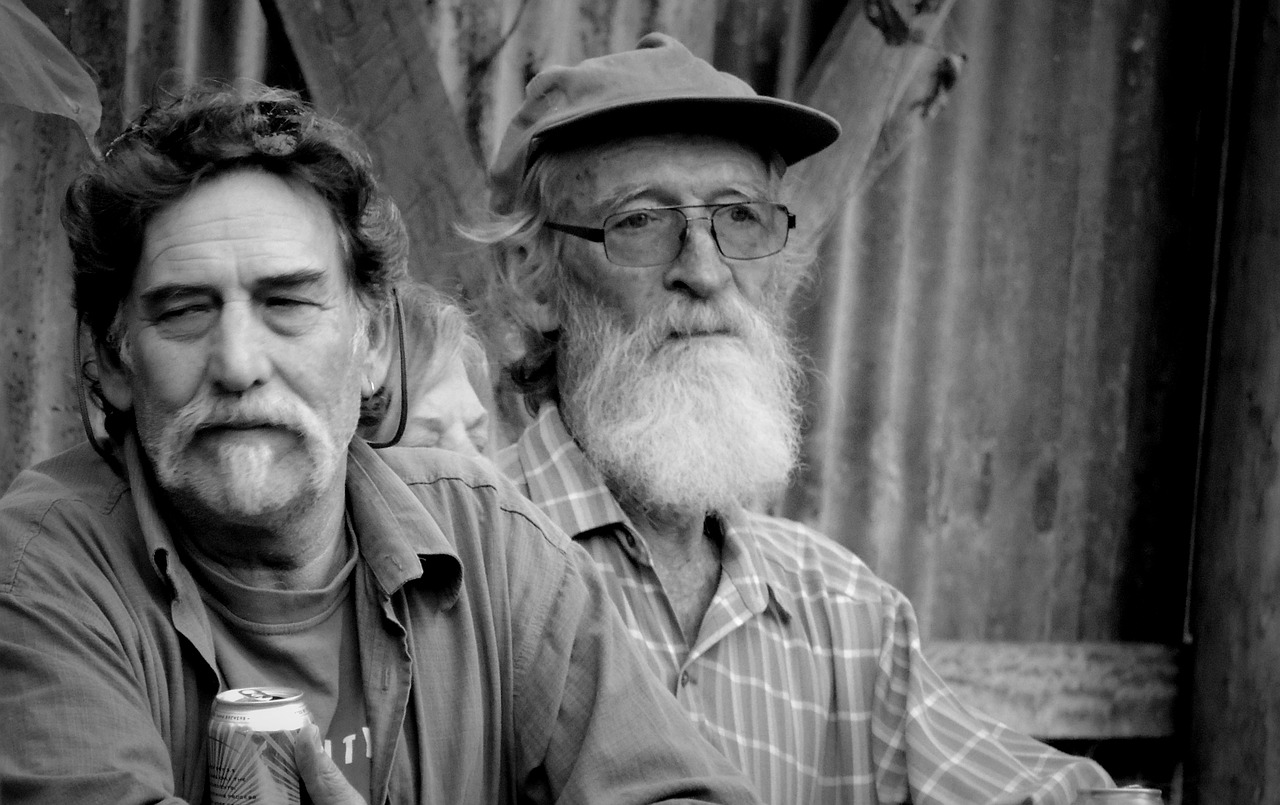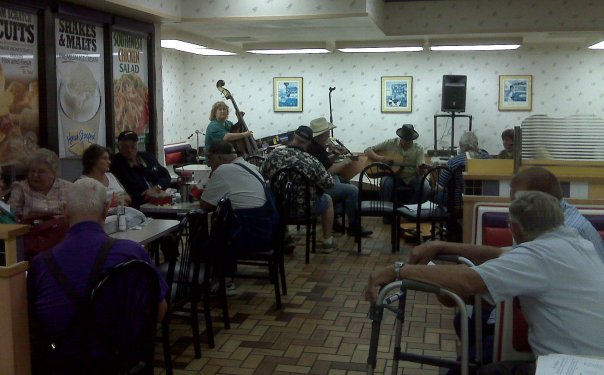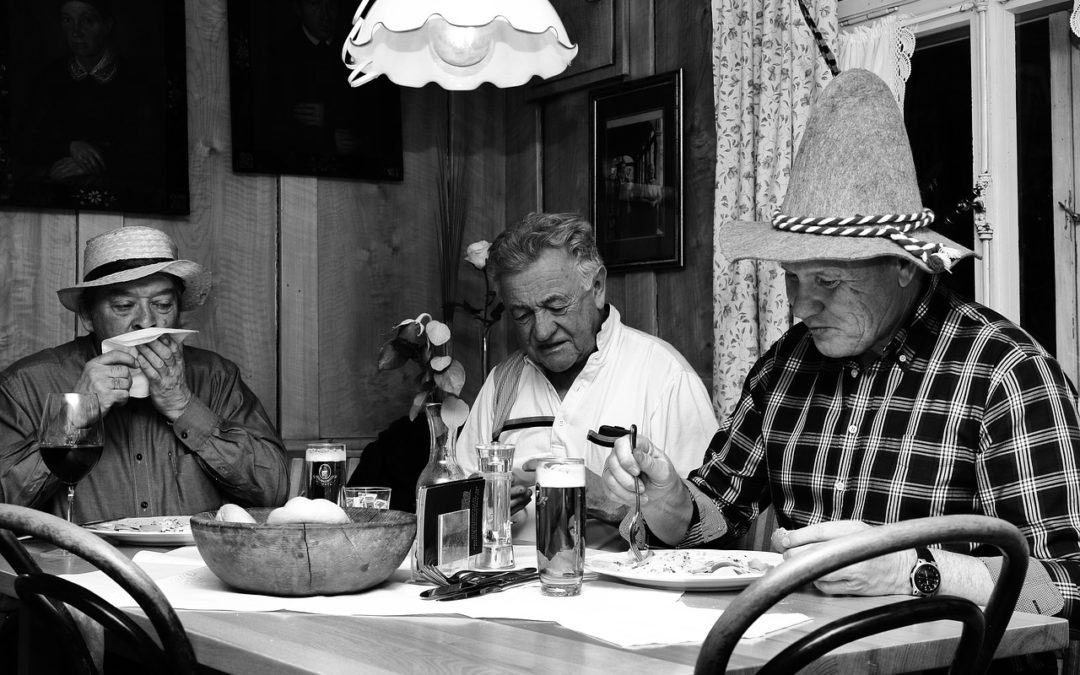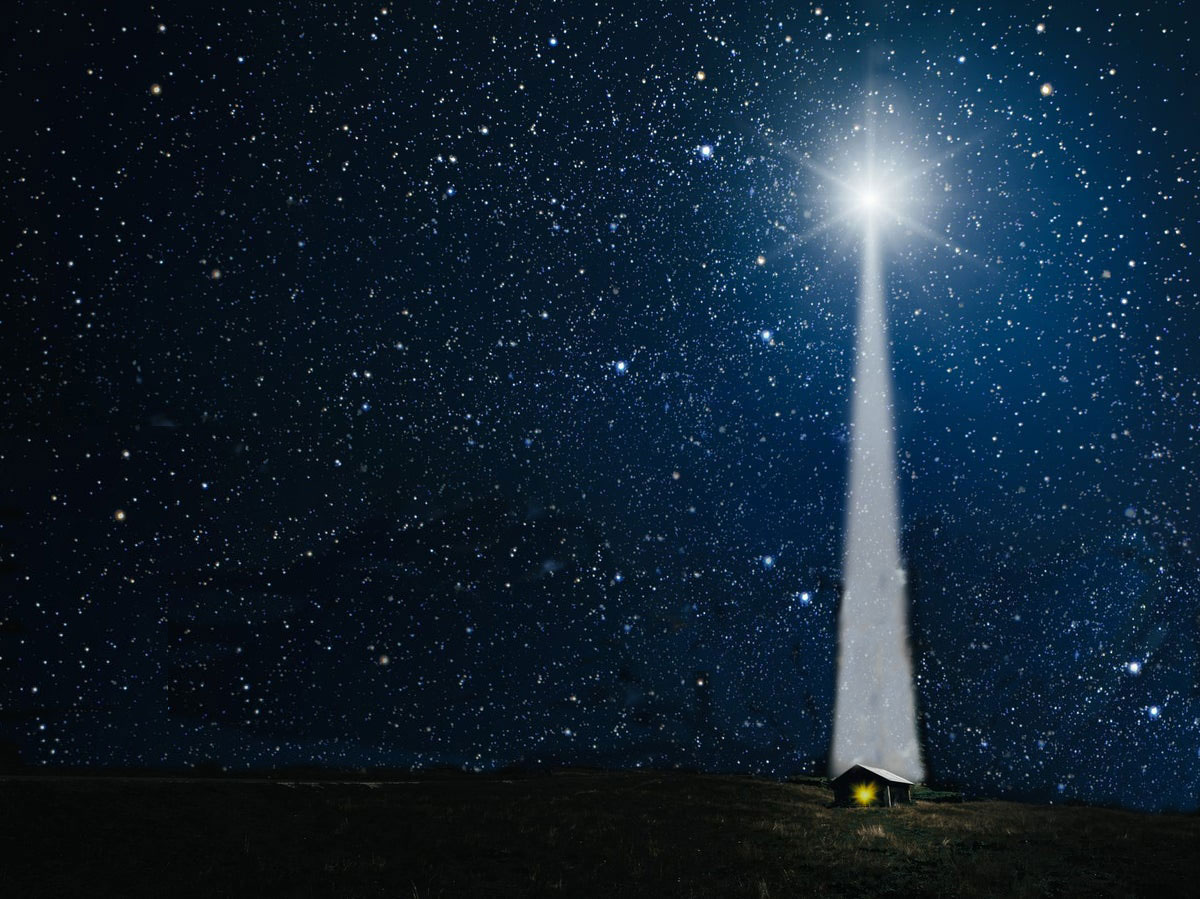During the middle of the past century, it was commonplace for old men, maybe a smattering of somewhat younger n’er-do-wells and boys to congregate in popular gathering places.
In small towns and rural crossroads, those spots were almost always a country store, community building, or town square. The former, often with a pot-bellied stove, provided warmth and comfort in cold weather while the latter usually featured shade trees and benches tailor-made for relaxation on a hot summer’s day.
In my case, the focal point for meeting and mingling in what was strictly a male preserve was known, at least in politer circles, as Loafers Glory. The name was an apt one, although the location had another, equally applicable but less genteel name—Dead Pecker Corner. The word “liar” also figured prominently in mention of the locale. In the days before widespread availability of television, much less the internet and today’s communications technology, such spots were common throughout my native heath and, I suspect, across non-metropolitan areas of the entire country. They formed a fundamental, almost indispensable part of the mountain social scene.
Loafers Glory was well populated with local characters throughout my boyhood and beyond. From the time when spring afternoons became warm enough for it to be comfortable outdoors, on through summer and continuing to the end of the glorious October days of Indian summer, it was a favorite gathering place for old men. Some were regulars; others, with my Grandpa Joe being among their ranks, appeared periodically whenever they traveled to town.
On Saturdays during the warmer months in the school year, as well as throughout the summer, young boys who lived in or near town often joined the group. Along with a number of friends who enjoyed the company of the oldsters, I spent many an idle hour there. Sometimes we would even have a chance to participate in a keenly competed game of checkers, one of several activities enjoyed by the fellows I like to think of as the Lords of Loafers Glory. Personally, my skills at checkers were so inferior as to present little challenge, but there were a few teenagers who could more than hold their own. Any competitive checkers game would likely draw half a dozen kibitzers. On Saturdays when there might be two or three dozen or more folks present, there would be several checkers games going on simultaneously.

Along with checkers, another favorite pastime was knife trading. Every self-respecting male, man or boy, carried a pocketknife, and two or three of the regulars were always bargaining with one another or any casual passer-by curious enough to get involved in the trading. Knives were also used for whittling, a perfect activity to accompany the arguments, philosophizing and political opining that went on non-stop. Some of the whittling was just idle rendering of sizeable sticks into toothpicks, but other wizards with a knife crafted small animals, sling shots, whammy diddles and more.
I always enjoyed stopping by Loafers Glory, sometimes in company with Grandpa Joe and later, when I was old enough to venture downtown alone, by myself. It was most decidedly a place where youngsters were to be seen, not heard, and any time one of the regulars saw fit to recognize your presence or mention you in the course of conversation was a moment for quiet pride.
The topics of conversation varied greatly at Loafers Glory, but local and national politics, any scandal involving someone personally known to the regulars, upcoming elections, religion and trials at the nearby courthouse all received full and often brutally frank airing. Nothing, even the moral fiber of area ministers, was sacrosanct. Along with what amounted to local gossip, although anyone describing Loafers Glory conversation with that word would have immediately become persona non grata (gossip was something womenfolk did), there was also plenty of telling of tall tales. Much of the storytelling fell into the outdoor genre, with recollection of grand hunting and fishing feats. When a venerable Nimrod like Granville Calhoun or Bear Hunter Watkins stopped by, they were especially welcome (as were their stories). When a smelly old codger named Al Dorsey caught a gigantic catfish in the nearby river, he was a topic of conversation for the better part of a month. Similarly, any antler-bearing deer, even a spike, occasioned considerable comment. Whitetails were that scarce at the time.
Whenever district or federal court was in session at the courthouse across the street, benches at Loafers Glory would be full to overflowing because trials brought extra folks to town as well as providing plenty of fodder for conversation. One court-related occasion I still recall with a mixture of irritation and embarrassment, never mind that six decades have come and gone, gave the regulars an opportunity to enjoy some innocent fun at my expense.
In company with several other boys, I made the mistake of easing into court as a spectator. After all, a veteran mountain lawyer of the ilk of Felix Alley or Herbert Hyde could provide first-rate entertainment with spellbinding defenses and sparkling moments of oratory. A few hours in court, with the right kind of case and a quick-witted, stem-winder lawyer in action, could be pure joy.
However, the entertainment on this occasion focused not on lawyers but a gaggle of youngsters who had dared enter court attired in what were then known as Bermuda shorts. It didn’t matter that we were reasonably clean and far neater than some of the audience clad in brogans, overalls, and shirts that hadn’t seen the business end of laundry work for some time. That was the type of work-day clothing worn by Loafers Glory regulars and much of the general male population. Shorts, on the other hand, were strictly taboo. When the presiding judge noticed us, he ordered the bailiff to usher us out of his presence immediately. News of this action got across the street to Loafers Glory almost instantaneously. I can still hear old Al Dorsey, who wasn’t exactly a paragon of sartorial splendor or cleanliness, chuckling as he commented, “I guess the judge showed you boys who was boss!”
A couple of the regulars had problems with addiction to drink or painkillers. In fact, they were notorious in trying to convince boys to go to the drugstore and get patent medicines such as Hadacol or Yellow Jacket Pain Pills for them or else buy alcohol-rich vanilla extract from a nearby grocery store. For his part, the aforementioned Al Dorsey had a particularly checkered history, having spent time in the state penitentiary for murder. Interestingly, I never heard his years in prison discussed at Loafers Glory, even though the murder had been committed within rock throwing distance of the site’s hemlock-shaded benches. On the other hand, his catfishing exploits were a regular topic of conversation. For their part, the addicts were tolerated, but whenever one of them started pestering a youngster, some of the more stable regulars would soon set them straight in no uncertain fashion.
The men who populated the square in my little hometown of Bryson City, NC, were colorful, occasionally crude, but in their innermost beings a caring group. They kept a watchful eye on adolescents who were, in some senses, their understudies. Furthermore, if any of us got seriously out of line or became involved in shenanigans leaning in the direction of juvenile delinquency, two things could and on occasion did happen. There would be a stern lecture, usually delivered by multiple members of the regulars at Loafers Glory, on the spot. Furthermore, word would be conveyed to the parents of the miscreant by some member of the group. That was not only wise; it served as a stern check on any inclinations toward misbehavior.

At the Hardees fast food restaurant in Troy, MO, regulars still gather including a live band playing guitars, a bass, fiddle, mandolin and banjo.
I now realize that I was privileged to have been a fairly regular bystander at the daily gatherings of the Lords of Loafers Glory. The men, the setting and the “goings on” provided me a great gift. There I experienced a marvelous microcosm of mountain ways, a front row seat at lengthy sessions of tales well told and the joy of being a small part of a delightful world from yesteryear.
So much was that the case that one of many regrets focusing on my youth is that I didn’t pay more attention to the men and the milieu. Now that I have attained the years of the fellows who were the Lords of Loafers Glory, I know that those were shining days in the mountain sun. I also recognize, sadly, that they, for the most part, belong to a world we have lost. That’s a shame, because old-timers had a great deal to offer youngsters. Folksy wisdom, how to sharpen a knife properly, the essentials of storytelling prowess, how to make a sling shot, crafting a flute from cane, and much more in the way of practical and decidedly pleasant education were on offer. Today’s youth are in some ways deprived, because all too often they have no exposure to such things.
Note: Jim Casada is Editor at Large for Sporting Classics and the author or editor of numerous books. To learn more about his work, buy any of his books, peruse his lists of out-of-print sporting books on sale, or subscribe to his free monthly e-newsletter, visit his website at www.jimcasadaoutdoors.com.




